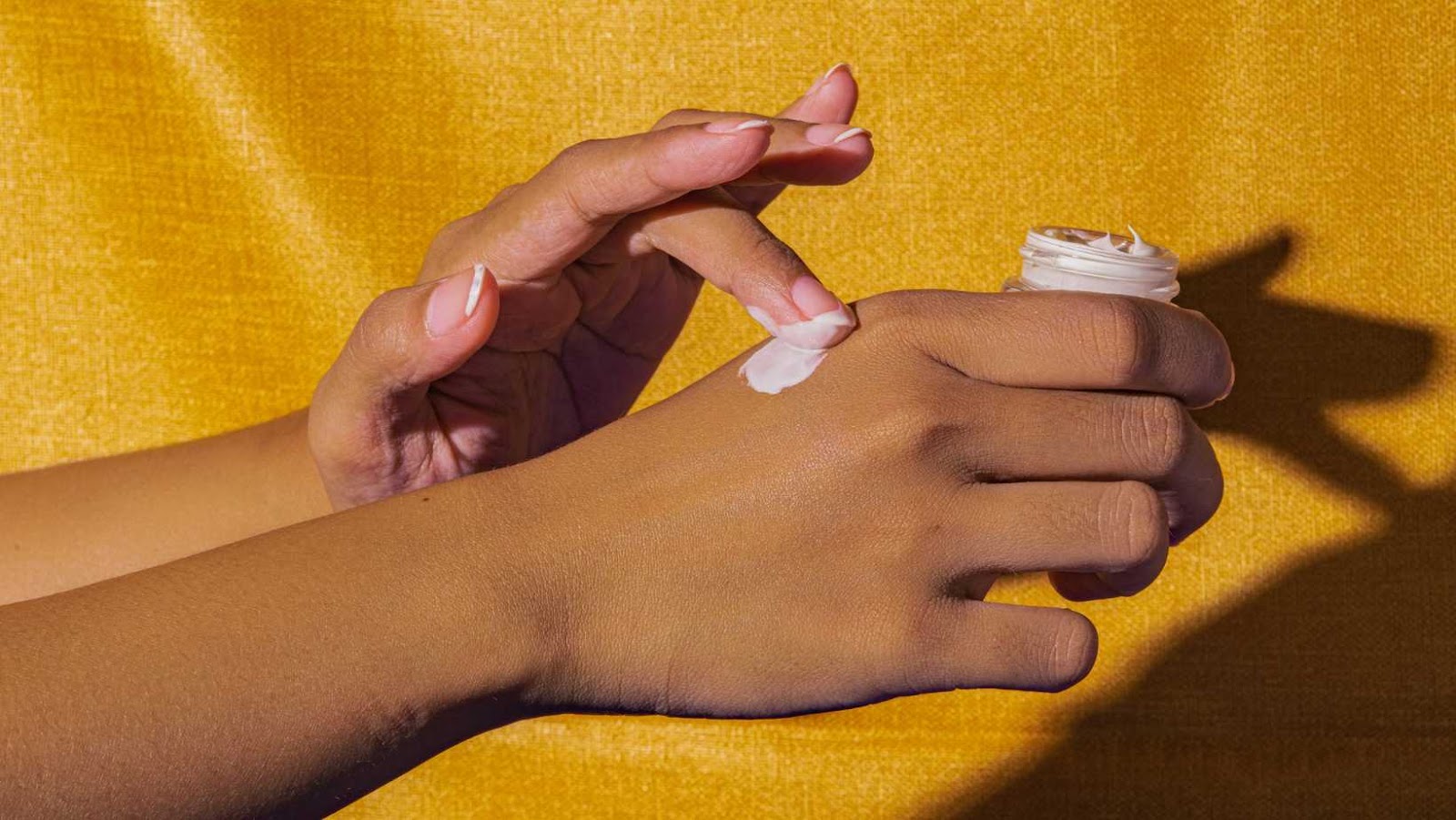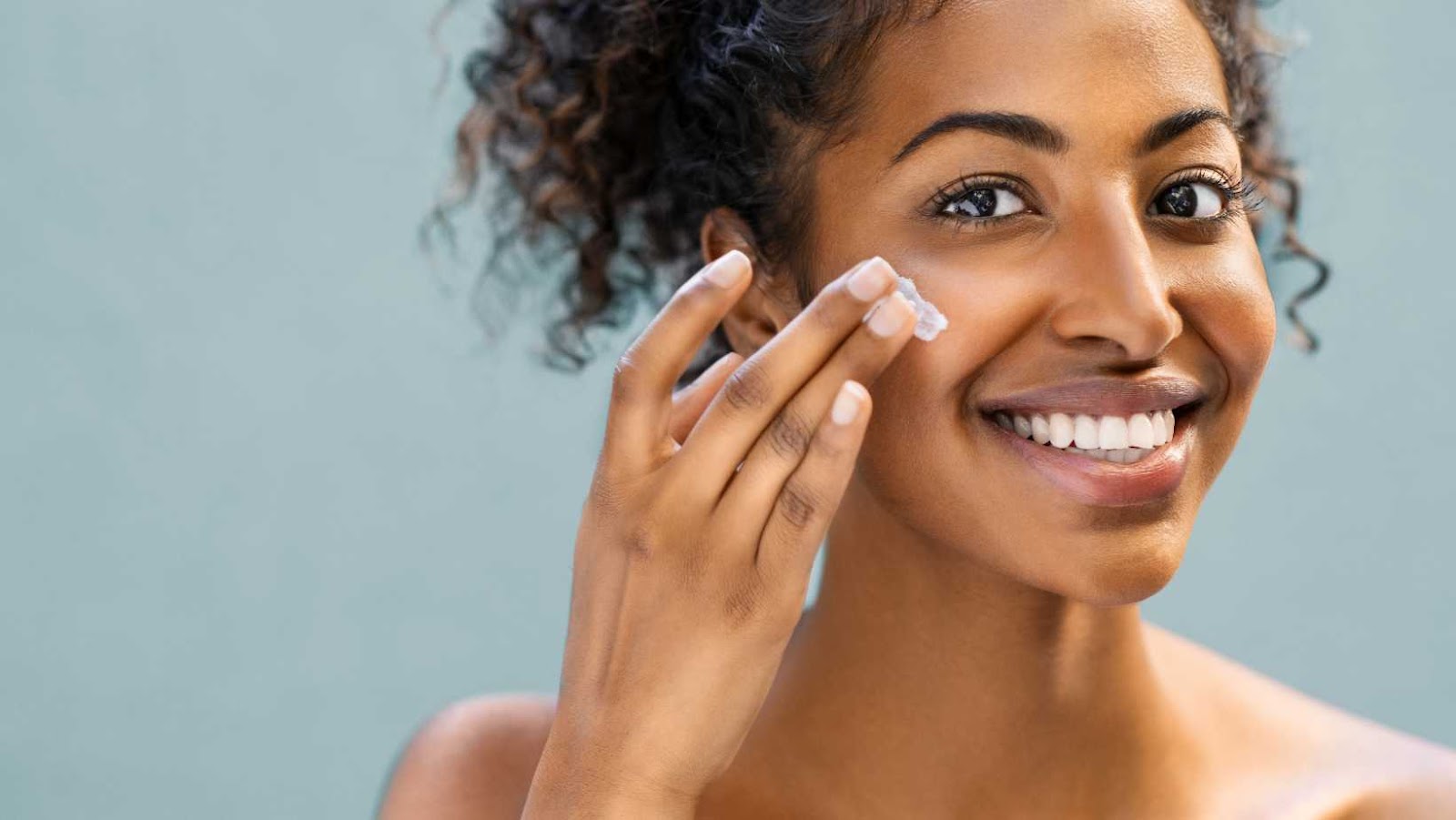Are you experiencing sudden burning sensations on your face after applying moisturizer? You may be wondering what could be causing this.
In this article, we’ll uncover the possible reasons why your moisturizer might be causing skin irritation and burning. Read on to learn more.
Introduction
The use of moisturizers is critical for healthy skin, but a sudden burning sensation after application can be uncomfortable and alarming. Several factors can cause moisturizers to burn on your face.
Here are some reasons why your moisturizer may be burning your skin:
| Reason | Explanation |
| Preservatives and Fragrances | Moisturizers containing preservatives and fragrances can irritate the skin and cause a burning sensation upon application. |
| High Content of Active Ingredients | Excessive use of active ingredients such as alpha and beta hydroxy acids in moisturizers can cause skin irritation. |
| Damaged Skin Barrier | A damaged skin barrier from previous skin conditions or use of harsh skincare products can cause moisturizers to burn. |
| Allergies | Some people may have an allergy to certain ingredients commonly found in moisturizers. |
Pro Tip: Always patch-test new skincare products before using them on your face to avoid allergic reactions and skin irritation.
What is Moisturizer?
Moisturizer is a skincare product that helps to hydrate the skin and prevent moisture loss.
A common cause of moisturizer burning on the face is due to the presence of certain ingredients. Here are some reasons why your moisturizer could be burning your face all of a sudden:
| Presence of irritants | Allergies | Sunburn | Applying too much pressure |
| Moisturizers containing alcohol, retinol, alpha-hydroxy acids, and fragrances can cause irritation and burning on the skin. | If you have sensitive skin or allergies, your moisturizer could be causing a reaction on your skin. | Applying moisturizer on sunburned skin can cause a burning sensation due to the inflammation of the skin. | Rubbing the moisturizer too hard into the skin can also cause a burning sensation. |
To avoid this, look for moisturizers that are free of irritants, fragrances, and allergens, and avoid applying moisturizer to sunburned skin. Also, be gentle when applying moisturizer.
Why is my Moisturizer Burning my Face all of a Sudden
Moisturizers are supposed to nourish and hydrate the skin, but in some cases, they can cause a burning sensation. There are several reasons why moisturizers can burn your skin, and here are some of the most common factors:
| Allergic reaction | Harsh chemicals | Over-exfoliation | Incorrect application |
| If you have sensitive skin, certain moisturizer ingredients may trigger an allergic reaction, leading to burning, itching, and redness. | Some moisturizers contain harsh chemicals that can irritate the skin and cause a burning sensation. Avoid moisturizers with ingredients like alcohol, fragrances, and artificial colors. | Over-exfoliating the skin can strip away the natural oils and moisture, leaving the skin vulnerable to burning and irritation. | Applying too much or too little moisturizer, or using it on the wrong skin type, can also cause a burning sensation. |
If you do experience a burning sensation, immediately wash your face with cold water and stop using the product. Consider trying a different moisturizer with more gentle and natural ingredients.
Pro Tip: Always do a patch test before using a new moisturizer to avoid any unexpected reactions.

Allergies
If you’re experiencing sudden burning or itching sensations after applying moisturizer, it could be due to an allergic reaction.
Some common ingredients in moisturizers that can cause allergic reactions include fragrance, preservatives, and certain chemicals. These ingredients can irritate the skin and cause a rash, redness, and discomfort.
Other factors that can cause moisturizer to burn include using expired or contaminated products, using the wrong type of moisturizer for your skin type, and overusing moisturizer.
If you’re experiencing burning or itching sensations after using moisturizer, stop using the product immediately and consult a dermatologist. They can recommend alternative products and perform patch tests to identify the specific ingredient causing the allergic reaction.
Pro tip: Always do a patch test on a small area of skin before using a new moisturizer or skincare product to avoid any allergic reactions.
Skin Irritants
Moisturizers can cause a burning sensation on your skin due to the presence of certain skin irritants that can aggravate sensitive skin or allergic reaction.
Common Skin Irritants Found in Moisturizers |
| Fragrances and essential oils |
| Alcohol |
| Preservatives |
| Acids |
Many moisturizers contain added fragrances, essential oils that can cause skin irritation or allergic reactions. Moisturizers containing alcohol can dry out your skin, making it more prone to irritation and redness. Parabens, phthalates, and formaldehyde releasers commonly found in moisturizers can cause skin irritation and allergies. Alpha-hydroxy acids (AHAs) and beta-hydroxy acids (BHAs) can cause a stinging or burning sensation when used in high concentration or for too long on the skin. To avoid the burning sensation from moisturizers, always check the label for ingredients that can irritate your skin and switch to a fragrance-free or hypoallergenic formula that suits your skin type.
Skin Conditions
Moisturizers can sometimes cause a burning sensation when applied to the skin due to several reasons. Some of the most common causes include ingredients that irritate the skin, changes in skin condition, and allergic reactions.
| Ingredients that irritate the skin | Changes in skin condition | Allergic reactions |
| Moisturizers that contain alpha-hydroxy acids or retinoids can cause a burning sensation when they come in contact with the skin. | Dryness, peeling, and inflammation are all conditions that can cause a previously benign moisturizer to burn upon application. | An allergic reaction to one or more of the ingredients in your moisturizer can cause a burning sensation, along with other symptoms such as redness, swelling, and itching. |
To avoid burning and irritation, choose moisturizers that are free of irritants and allergens. It is recommended to perform a patch test on a small area of skin before applying it all over the face. If you experience persistent burning or other symptoms, consult a dermatologist.

Prevention
Moisturizer can burn your face all of a sudden due to various reasons. It can be caused by an allergic reaction, the ingredients of the moisturizer, or a reaction with other products you use on your face. To prevent this from happening, you can:
| Perform a patch test: | Apply a small amount of the moisturizer to an area of your skin, such as the inside of your wrist, and wait for 24 hours to see if you have any allergic reaction. |
| Check the ingredients: | Make sure the moisturizer does not contain any ingredients that you are allergic to or have had a reaction to in the past. |
| Avoid mixing products: | Applying multiple products on your face, particularly if they have active ingredients, can cause irritation and redness. |
| Keep your skin moisturized: | Consistently moisturizing your skin can help reduce irritation and sensitivity. |
If you experience burning or irritation after applying your moisturizer, immediately wash your face and discontinue use. Seek advice from a dermatologist or healthcare professional to determine the root cause of the irritation.
Conclusion
In conclusion, several factors can cause moisturizers to burn, including allergic reactions, harsh ingredients, and underlying skin conditions.
If your moisturizer is causing a burning sensation on your face, stop using it immediately and consult with a dermatologist to determine the cause of the irritation. Switching to natural or hypoallergenic moisturizers and performing patch tests before using any new product can help prevent burning and irritation.
It’s also crucial to avoid touching your face, especially with unwashed hands, and staying away from hot water and harsh chemicals. Overall, taking good care of your skin with appropriate moisturizers and avoiding products that irritate your skin can prevent discomfort and promote healthy skin.
